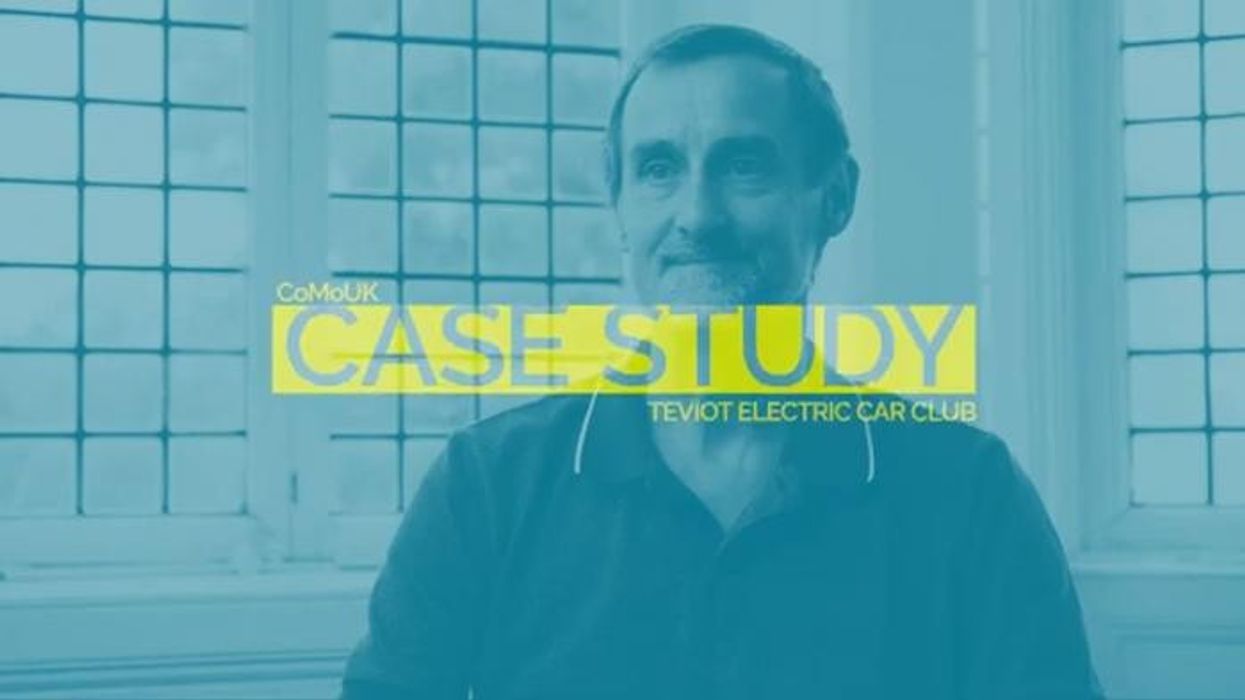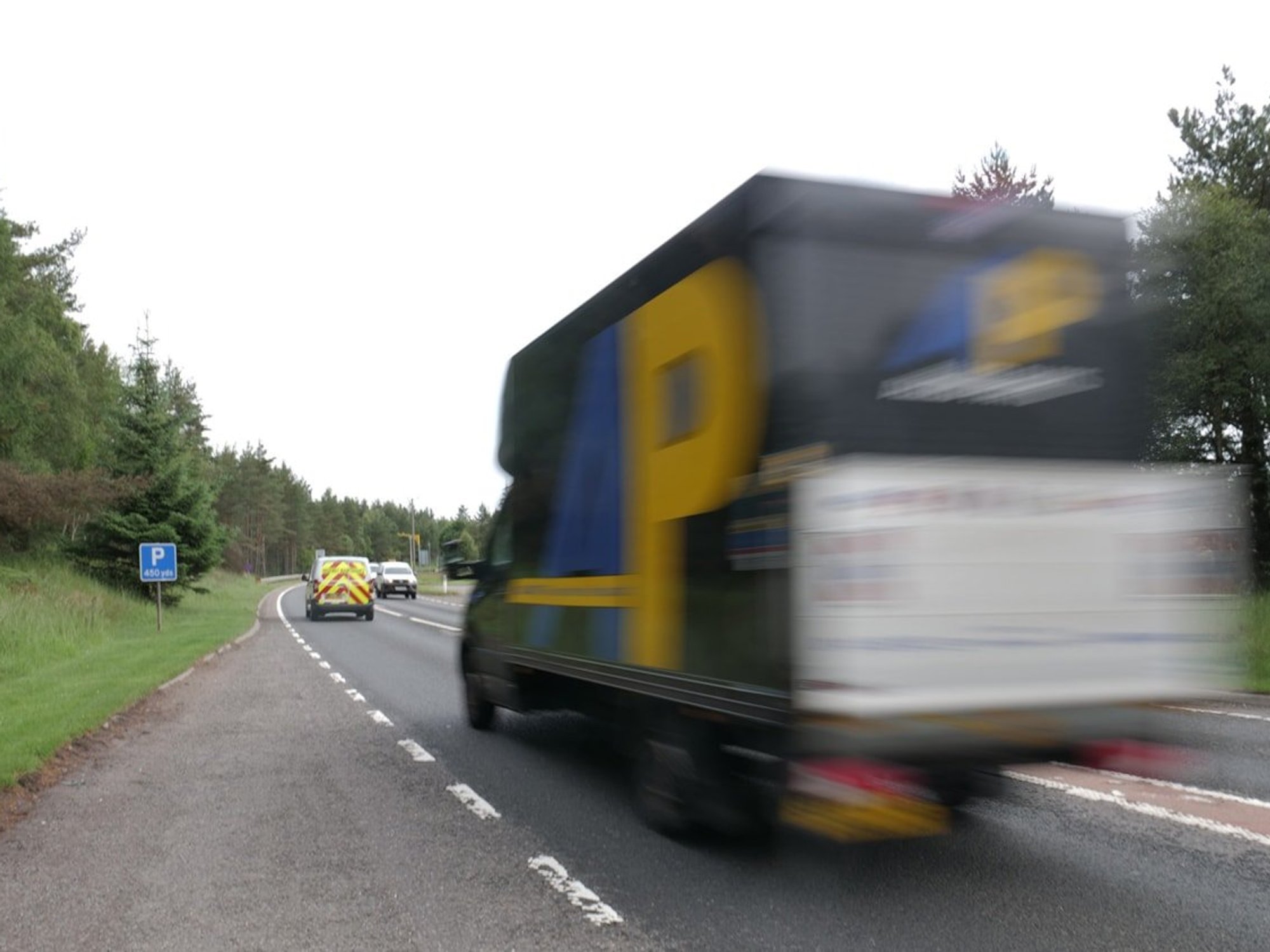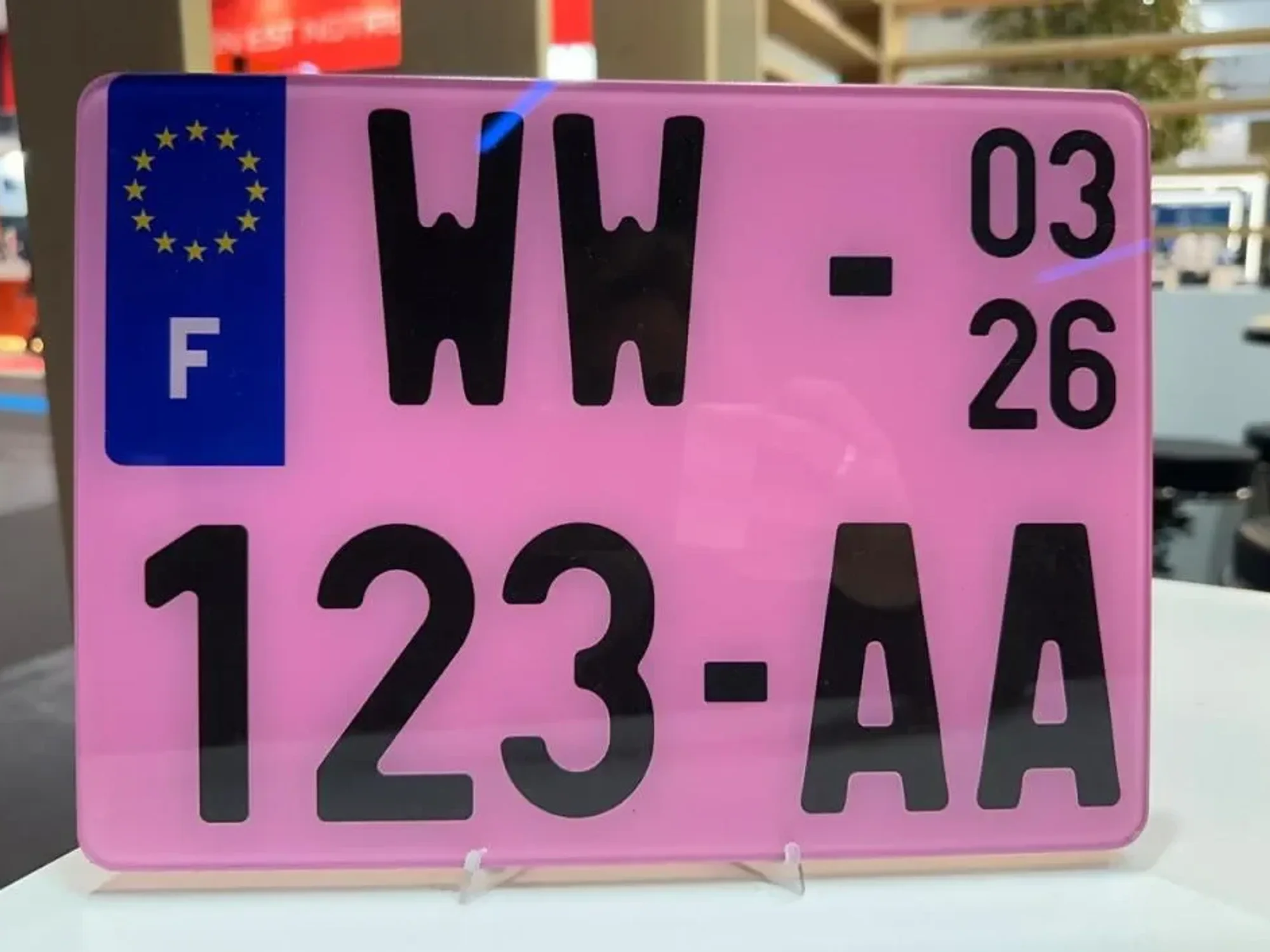Drivers warned of 'significant and challenging' vehicle barriers amid demands for 'clear actions'

Labour has been urged to make car clubs more inclusive for drivers with disabilities
Don't Miss
Most Read
Latest
A new report has revealed that one in four disabled drivers has been unable to complete journeys due to accessibility barriers and inadequate support from car-sharing services.
It follows the release of the landmark "Keys for All" report, which represents the first comprehensive investigation into how car clubs can better serve disabled people across the UK.
The research, conducted by Collaborative Mobility UK (CoMoUK) and transport consultancy TRL with funding from the Motability Foundation, found that disabled people make 25 per cent fewer journeys than non-disabled people.
This gap has shown virtually no improvement over the past decade, with experts now highlighting the urgent need for more inclusive transport solutions.
Do you have a story you'd like to share? Get in touch by emailing motoring@gbnews.uk
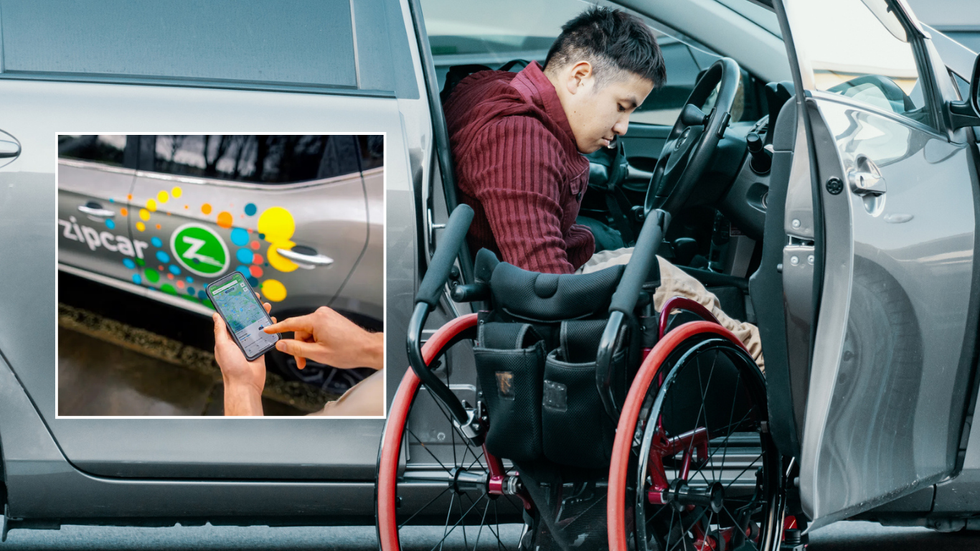
One in four drivers has experienced difficulties with car club accessibility
|COLLABORATIVE MOBILITY UK/GETTY
The report identified multiple obstacles preventing disabled drivers from accessing car club services effectively, including physical accessibility, with 41 per cent of survey respondents identifying it as their main barrier to using car sharing services.
Cost considerations closely followed at 40 per cent, while technology challenges and service availability created additional hurdles for many users.
The research uncovered that numerous disabled drivers who could operate adapted vehicles have never pursued provisional licences.
This reportedly stems from uncertainty about which adaptations they require and limited opportunities to test different options before committing to the application process.
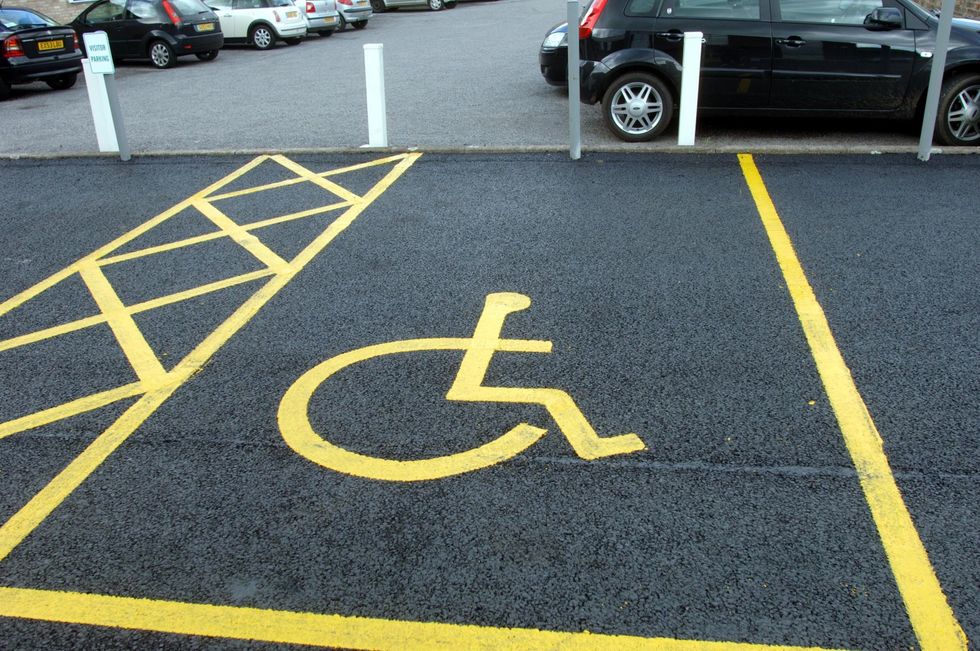
Drivers with disabilities have called for car clubs to make certain alterations to ensure they can be used by everyone
| PADistance to vehicle collection points proved particularly problematic, as many participants expressed reluctance to travel beyond 500 metres to reach a car, with some requiring door-to-door delivery due to mobility constraints.
Current cancellation policies requiring a 24-hour notice were also deemed impractical for users whose conditions fluctuate unpredictably.
The report has now proposed several concrete measures to address these challenges, including a discount scheme of between 20 and 30 per cent for disabled users, with eligibility potentially linked to existing disability passes to simplify verification.
Flexible cancellation policies allowing changes up to two or three hours before bookings came out as other favourable changes, which could help accommodate the unpredictable nature of certain impairments.
LATEST DEVELOPMENTS:
Vehicle adaptations formed another crucial element of the proposals. These range from simple transfer aids like additional handles and swivel seats to more complex driving controls such as hand-operated acceleration and braking systems.
Additional recommendations included volunteer driver schemes, where local charity partners could deliver vehicles to users' homes, and surrogate driver options allowing disabled members to nominate up to three authorised drivers.
Richard Dilks, chief executive of CoMoUK, said: "We are pleased to have delivered the first ever in-depth investigation into car club accessibility, bringing together the needs of disabled people with the views of operators."
He acknowledged that while no single solution would suit everyone, the report establishes "clear actions" needed to enhance inclusivity.
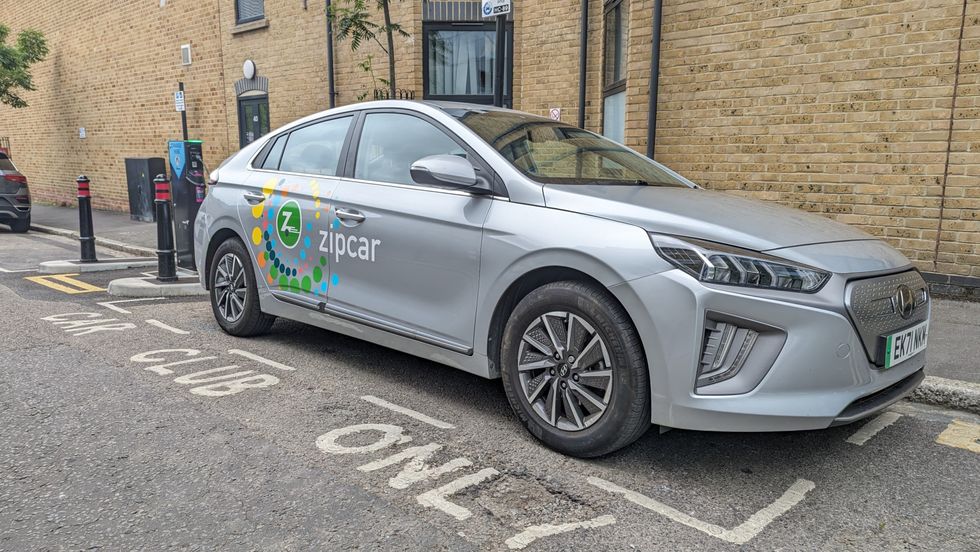 Car clubs offer drivers access to vehicles more easily and at a cheaper rate | HACKNEY COUNCIL
Car clubs offer drivers access to vehicles more easily and at a cheaper rate | HACKNEY COUNCILMr Dilks added: "This groundbreaking report shows that while the barriers facing disabled people in accessing the schemes are significant and challenging, they are not insurmountable.
"While operators clearly have a big role to play, the onus is also on the Government to create new policy and funding streams, which are needed to deliver the proposed pilot projects.
"We would like to see an annual summit bringing together car club operators, local and central government and disability organisations, helping to turn this research into action."
Chelsea Fleming, programme director at the Motability Foundation, explained that disabled people should "not be held back from participating in society" because they are unable to make a journey.


